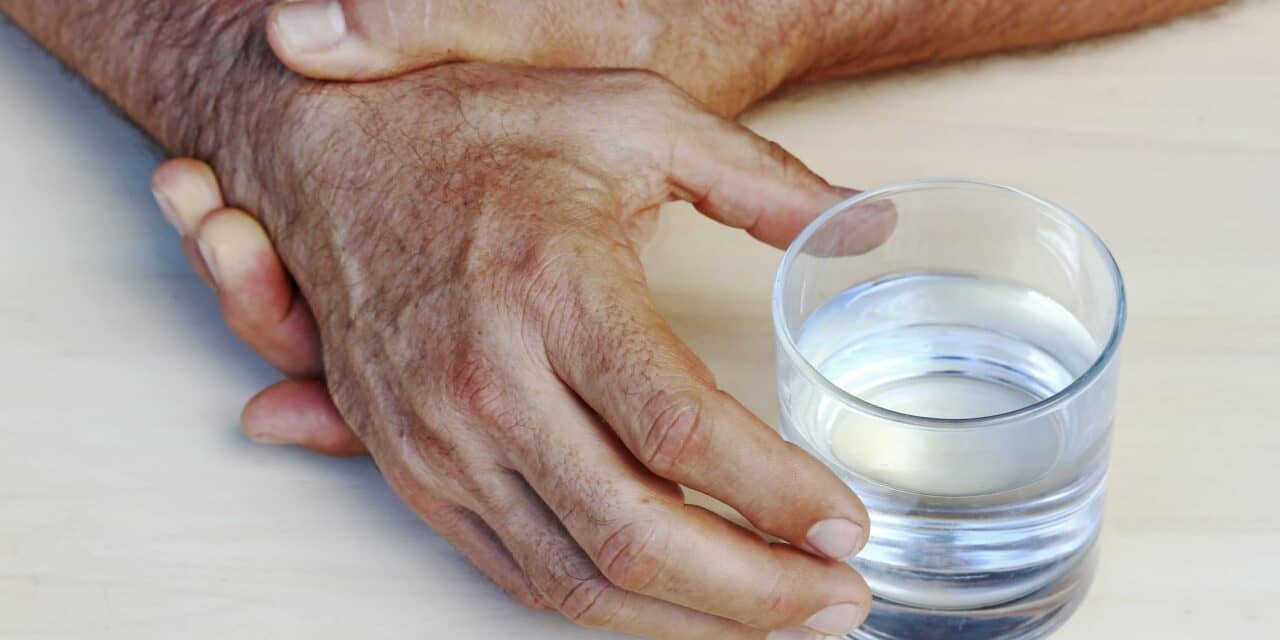Neurocrine Biosciences Inc presents data at SLEEP 2022 on sleep disturbances in Parkinson’s disease demonstrating the impact of “off” episodes on falling and staying asleep. Off episodes are the reemergence of symptoms between doses of levodopa. The oral presentation of these data will take place on June 8 at 2:15 pm (oral presentation session: O-28).
“Sleep disturbances in individuals with Parkinson’s disease can significantly impact health, mood, and quality of life,” says Eiry W. Roberts, MD, chief medical officer at Neurocrine Biosciences, in a release. “These data provide insight on the impact of OFF episodes and their contribution to sleep disturbances, both in falling asleep and staying asleep. At Neurocrine Biosciences, we are committed to furthering understanding of the wide-ranging effects of movement disorders to elevate care for the patients we serve.”
The post-hoc analyses were conducted using baseline data from two previous phase 3 studies of ONGENTYS (opicapone) capsules, an approved once-daily adjunctive treatment to levodopa/carbidopa in patients with Parkinson’s disease experiencing off time.
Results of this post-hoc analysis indicate that 34.4% (332/964) of participants experienced an off episode before going to sleep for a mean duration of 1.8±1.2 hours. Among participants who woke up during the night (16.4%, 158/964), 81.0% (128/158) were in an off state for a mean duration of 1.0 (±0.5) hours. Additionally, 89.4% (898/1005) of participants experienced an off episode upon waking in the morning, with the mean duration of this time to morning “on” episode being 1.5 (±0.9) hours. Off episodes can contribute to sleep impairment, a common but poorly addressed problem in patients with Parkinson’s Disease. The potential impact of off periods on sleep has not been well characterized.
Photo 126973600 © Astrid Gast | Dreamstime.com




